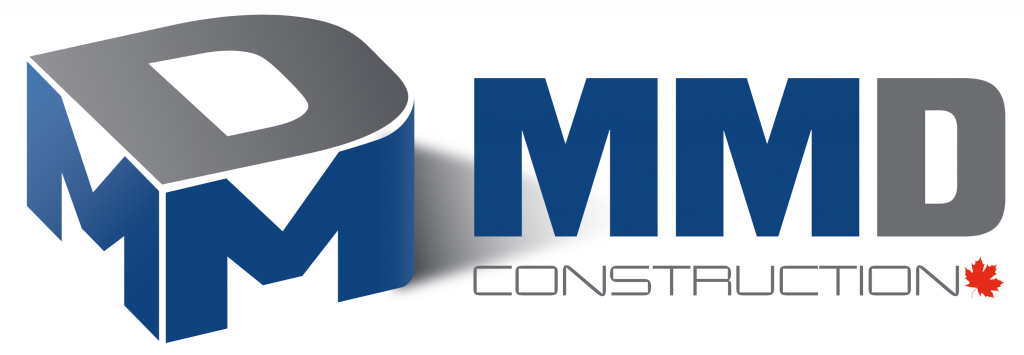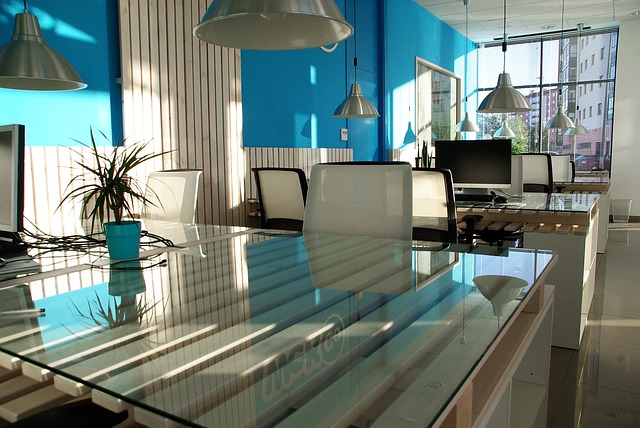As remote work becomes increasingly prevalent, the question arises: will office space become obsolete in 2024? Explore the evolving landscape of eco-friendly alternatives to work environments in Toronto and how the concept of the traditional office space is undergoing a transformative shift.
Adapting to Hybrid Work Models
Rather than becoming entirely obsolete, office spaces are adapting to hybrid work models. Companies are reimagining eco-friendly alternatives to office layouts as collaborative hubs for team meetings, workshops, and social interactions. This evolution aims to balance the benefits of in-person collaboration and the flexibility for today’s workers.
Open-Concept Offices
Open-concept offices have been around for a while, but with the rise of hybrid work models, they are becoming even more popular. Open-concept offices remove the barriers and cubicles that once separated employees and encourage collaboration and communication. This type of office space allows for increased creativity and faster problem-solving.
Privacy Cubicles
While open-concept offices promote collaboration, they can also be noisy and distracting. Privacy cubicles provide a designated space for employees to focus on individual work or group projects. These cubicles are becoming increasingly popular in hybrid work models, as they allow for the benefits of in-person collaboration while still providing privacy when needed.
Expanded Kitchen Spaces
Traditionally, office kitchens were small, cramped spaces where employees could grab a quick snack or cup of coffee. However, in today’s hybrid work models, companies are expanding their kitchen spaces to serve as a gathering place for employees to socialize and collaborate. These expanded kitchen spaces often include comfortable seating, tables for group meetings, and even cooking facilities.
Natural Light
Natural light has been shown to increase productivity, mood, and overall well-being. Many companies are incorporating more natural light into their office spaces through large windows, skylights, and open spaces. This not only improves employee well-being but also creates a more inviting and welcoming workspace.
Eliminating Cubicles and Fluorescent Lighting
Cubicles and fluorescent lighting have long been associated with traditional office spaces. However, as companies move towards hybrid work models, many are eliminating cubicles and fluorescent lighting in favor of open-concept spaces and natural light. This shift towards more modern and inviting workspaces has been shown to improve employee satisfaction and productivity.
Flexible Workspaces
Flexible workspaces are becoming increasingly popular in today’s hybrid work models. These workspaces allow employees to choose where and how they work, whether that’s in an open-concept office, a private cubicle, or even from home. This flexibility allows employees to better balance their work and personal lives, which can lead to increased job satisfaction and productivity.
Collaborative Hubs
Collaborative hubs are designed to bring employees together for team meetings, workshops, and social interactions. These hubs can be anything from a designated room with comfortable seating to an outdoor space with tables and chairs. The goal of these hubs is to promote collaboration and communication among employees in a comfortable and inviting space.
Contact MMD Construction Today for Your Office Needs
While the traditional office space may be undergoing a transformative shift, it is far from becoming obsolete. Instead, companies are adapting their office layouts to serve as collaborative hubs for team meetings, workshops, and social interactions.
Open-concept offices, privacy cubicles, expanded kitchen spaces, natural lighting, and flexible workspaces are all becoming increasingly popular in today’s hybrid work models. By creating comfortable and inviting workspaces, companies can improve employee satisfaction, well-being, and productivity.





